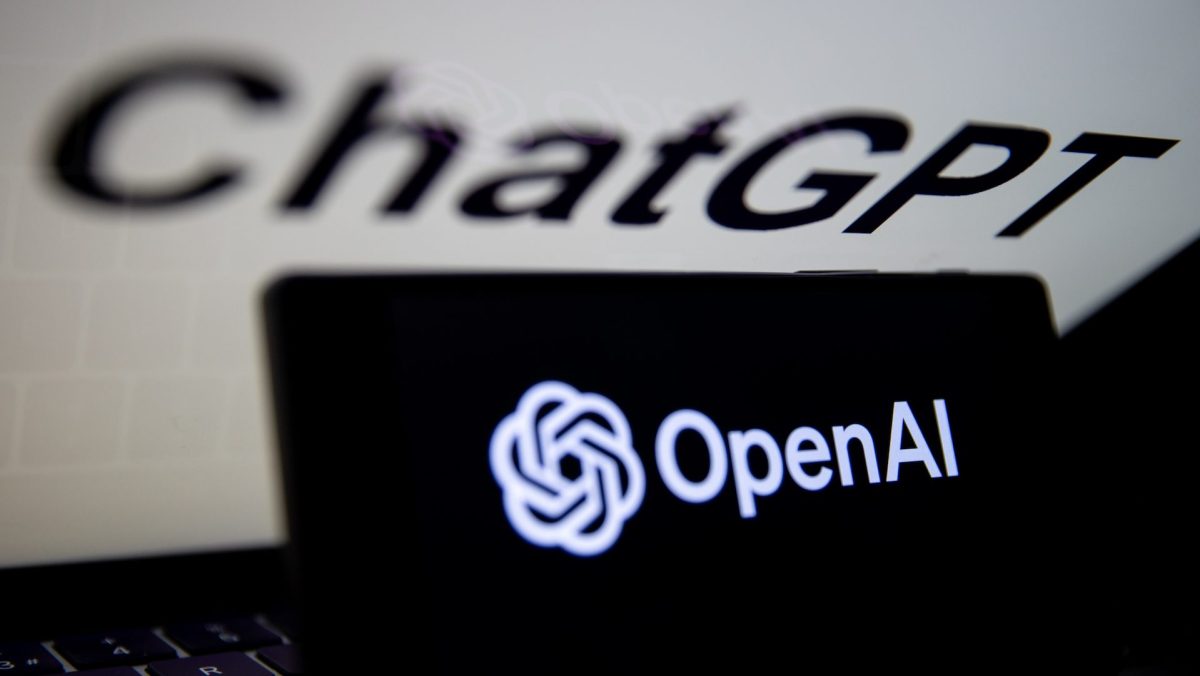The ChatGPT platform, powered by OpenAI artificial intelligence, continues to expand with new features. It now offers a store—GPT Store—for AI-based apps and services. The newly introduced memories feature lets you save preferences so that chats are more relevant to you. And soon ChatGPT will get an upgraded voice mode that allows you to interact with the platform more or less in real time.
So you might be wondering: How much does ChatGPT cost? The question is harder to answer than you might think. OpenAI offers a range of ChatGPT plans, both paid and free, aimed at customers ranging from individuals to non-profits, SMEs, educational institutions and enterprises.
To keep track of the different ChatGPT subscription options available, we’ve put together a guide to ChatGPT pricing. We will update it as new plans are introduced.
ChatGPT Free
Once upon a time, the free version of ChatGPT was quite limited in what it could do. But that has changed as OpenAI has released new capabilities and underlying generative AI models.
Free ChatGPT users get access to OpenAI’s flagship GPT-4o model, responses augmented with content from the web, access to the GPT Store, and the ability to upload files and photos and ask questions about those uploads. Users can also store chat preferences as “memories” and use advanced data analysis, a feature of ChatGPT that can “reason over” (ie, analyze data from) files such as spreadsheets and PDFs.
There are disadvantages that come with the free ChatGPT plan, however, including daily capacity limits on the GPT-4o model, depending on demand. Once the user reaches the limits, they are automatically—albeit temporarily—switched to OpenAI’s less capable GPT-3.5 model. Free ChatGPT users also miss out on some data analytics features, which we discuss in more detail below.
ChatGPT Plus
For individual users who want a more capable ChatGPT, there’s ChatGPT Plus, which costs $20 per month.
ChatGPT Plus offers 5x the capacity of free ChatGPT plus early and priority access to newer tools like OpenAI’s macOS client for ChatGPT.
In addition, ChatGPT Plus subscribers get an enhanced data analysis feature powered by GPT-4o that can create interactive charts and tables from datasets. Users can upload files for analysis directly from Google Drive and Microsoft OneDrive or from their devices.
ChatGPT Team
Let’s say you own a small business or run an organization and want more than one ChatGPT license plus collaboration features. The ChatGPT team can fit the bill: it costs $30 per user per month or $25 per user per month, billed annually for up to 149 users.
ChatGPT Team provides a dedicated workspace and administrative tools for team management. All users on a ChatGPT team plan get access to the latest OpenAI models and the aforementioned tools that allow ChatGPT to analyze, edit and extract information from files. Additionally, ChatGPT Team allows team members to create and share custom apps — similar to apps in the GPT Store — based on OpenAI models. These apps can be tailored for specific use cases or departments, or tuned to team data.
ChatGPT Enterprise
Large organizations—any organization that needs more than 149 ChatGPT licenses, specifically—can choose ChatGPT Enterprise, OpenAI’s enterprise-focused ChatGPT plan. OpenAI does not publish the price of ChatGPT Enterprise, but the reported cost is around $60 per user per month with a minimum of 150 users and a 12-month contract.
ChatGPT Enterprise adds “enterprise-grade” privacy and data analytics capabilities on top of vanilla ChatGPT, as well as improved performance and customization options. There’s a dedicated workspace and admin console with tools to manage how employees in an organization use ChatGPT, including integrations for single sign-on, domain verification, and a dashboard showing usage and engagement statistics.
Shareable conversation templates provided as part of ChatGPT Enterprise allow users to build internal workflows and bots using ChatGPT, while credits to OpenAI’s API platform allow companies to build fully customized solutions powered by ChatGPT if they choose.
ChatGPT Enterprise customers also get priority access to models and lines to OpenAI’s expertise, including a dedicated account team, training and consolidated billing. And they are eligible for business partner agreements with OpenAI, which are required by US law for companies that want to use tools like ChatGPT with personal health information, such as medical records.
ChatGPT Edu
ChatGPT Edu, a newer offering from OpenAI, delivers a version of ChatGPT built for universities and the students who attend them, as well as faculty, staff researchers, and campus operations teams. Pricing has not yet been published or reported for second hand, but we will update this section if it is.
ChatGPT Edu is comparable to ChatGPT Enterprise except that it supports SCIM, an open protocol used to simplify cloud identity and access management. (OpenAI plans to bring SCIM to ChatGPT Enterprise in the future.) As with ChatGPT Enterprise, ChatGPT Edu customers get data analytics tools, admin controls, single sign-on, enhanced security, and the ability to build and share custom chatbots.
ChatGPT Edu also comes with the latest OpenAI models and, importantly, increased message limits.
OpenAI for Nonprofits
OpenAI for Nonprofits is OpenAI’s early foray into technology solutions for nonprofits. This is not a standalone ChatGPT plan, but a set of discounts for eligible organizations.
Nonprofits have access to the ChatGPT team at a discounted rate of $20 per month per user. Larger nonprofits can get a 50% discount on ChatGPT Enterprise, which works out to about $30 per user.
However, the eligibility requirements are quite strict. While non-profit organizations based anywhere in the world can apply for grants, OpenAI does not currently accept applications from academic, medical, religious or government institutions.



